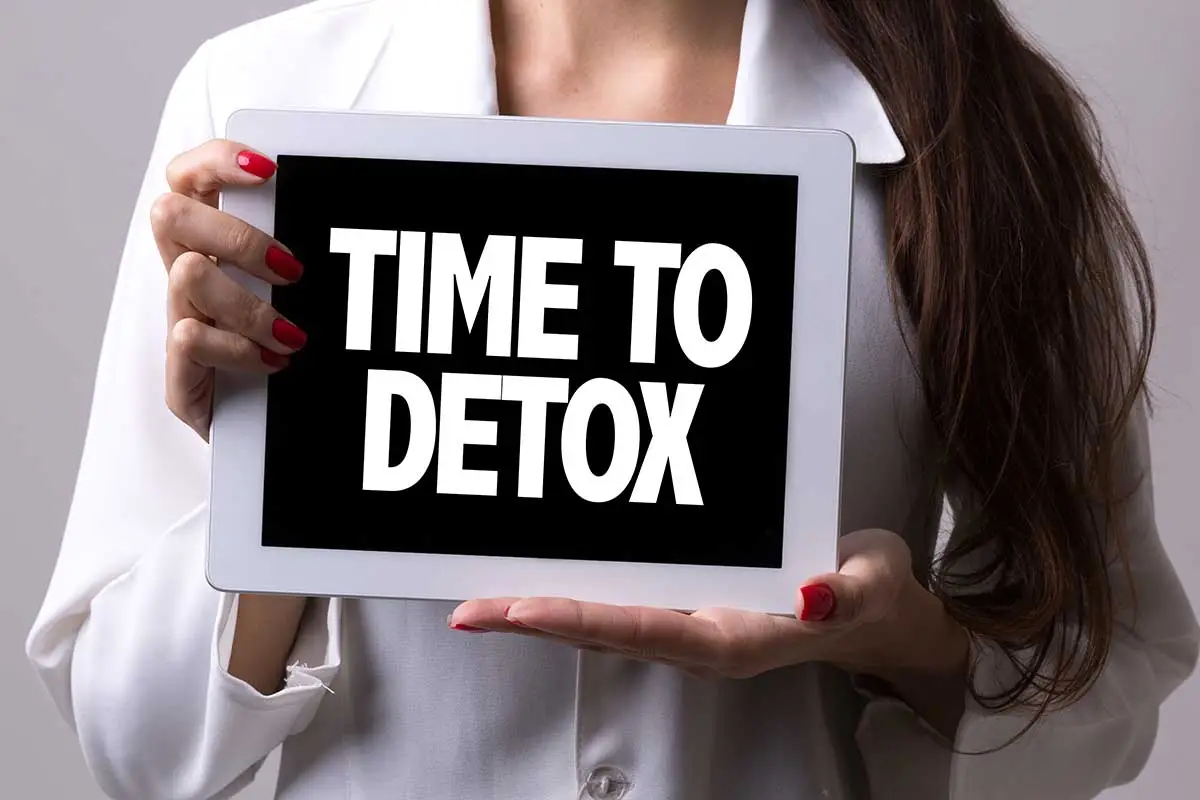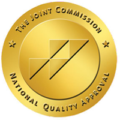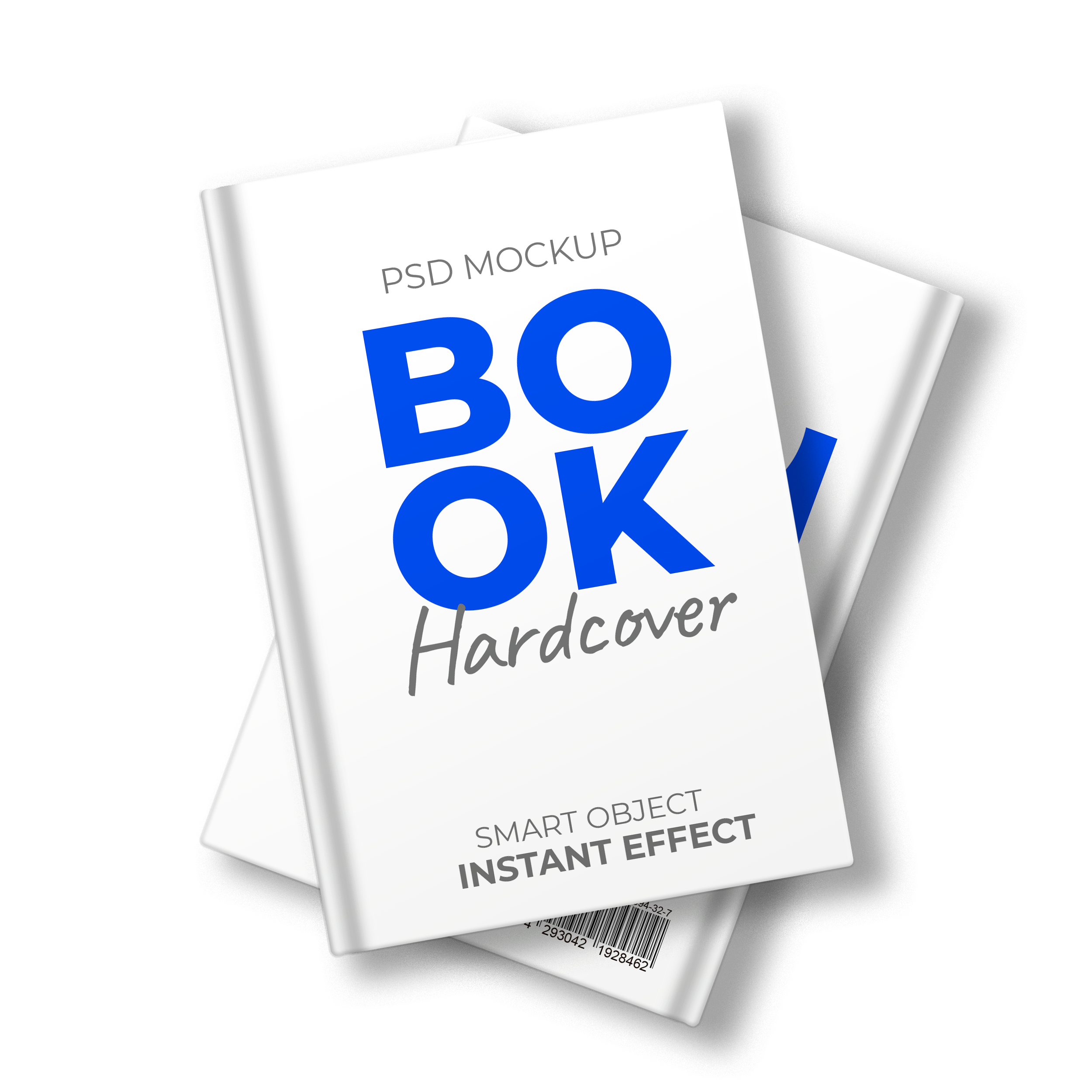Understanding Drug Detox
Drug addiction is a serious and widespread issue affecting millions of people and their families. Overcoming drug addiction starts with learning the detoxification process, also known as
drug detox. Drug detox goes beyond simply clearing substances from the body. It has to apply a whole-person approach that manages withdrawal symptoms and cares for patients’ mental health. Ridding the body of substances through detox requires support and care during this critical recovery phase.
The Importance of Drug Detox
Drug detox is the first step toward achieving a drug-free life. It lets the body cleanse itself from harmful substances. Detoxing drugs is the elimination of toxins that have been accumulated over time. By managing withdrawal symptoms, detox sets the foundation for the next steps in your treatment plan. Drug detox programs support and prepare you to go through all the healing steps, from drug rehab to lasting recovery.
The Drug Detox Difference at Avedis Detox and Recovery
Avedis Detox and Recovery recognizes the benefits of outpatient drug treatment in Los Angeles, California. Our trusted treatment program is led by our founder and CEO, who understands that recovery can be a painful and uncomfortable journey. We emphasize that recovery happens within the person, not just at the treatment facility. Our approach focuses on guiding clients with genuine care and compassion, helping them develop a humble heart, insightful mind, ethical motivation, and a comprehensive understanding of addiction.
At Avedis, our philosophy is the cornerstone of our staff’s personal and professional growth. Our programs prioritize personal improvement over physical amenities or luxury services. We approach recovery goals differently than other treatment programs, valuing the unique strengths of each client. We believe that true recovery is achieved through a genuine and individualized approach that prioritizes authentic learning, motivation, healthy ego, and sacrifice, rather than catering to clients’ every need. Our goal is to equip clients with the skills necessary to thrive in real-life situations, rather than only experiencing luxury in treatment.
Transparency about the Business of Drug Detox and Rehab Treatment
Avedis Recovery is a drug detox and rehab center that believes in being transparent about addiction treatment. We address stigma and negative attitudes connected to addiction and describe what poor treatment looks like. Our Program/Clinical Director thoroughly discusses these issues with our clients and staff, starting from the initial assessment and orientation. We are honest with our clients about the insurance process, the challenge of balancing your healing with business, and everything in between. Our clients consistently tell us how much they appreciate our transparency. What sets Avedis apart is our approach of thoroughly examining every aspect of addiction recovery before applying the most effective elements to your rehab.
At Avedis, we do not just focus on a client’s drug and alcohol use but also explore how culture and community contribute to addiction. Our goal is to find a healthy balance that helps you to navigate your responsibilities while being aware of your addictive tendencies. We advocate for this philosophy and incorporate it into every Avedis Detox and Recovery clinical program. We prioritize quality and transparency as we believe addiction cannot be confined to a limited scope; it is a disease intertwined with human nature and permeates every aspect of our culture.
Addiction is a disease, not a moral failure. It affects everyone differently and requires personalized treatment. This blog guides you in selecting a drug detox and rehab program that aligns with your specific medical needs and recovery goals.
The Drug Detox Process
The detoxification process typically involves three essential steps. First is the evaluation stage, where a thorough assessment determines your needs and medical requirements. This step ensures the drug detox plan addresses your goals and unique circumstances.
Next comes the stabilization phase. Stabilization provides support and medical supervision to alleviate withdrawal symptoms and promote physical and emotional stability. This step helps you get through the challenging initial detoxification period comfortably and safely.
Finally, you’ll transition into residential treatment. You’ll prepare for ongoing individual and group therapy to address the root causes of addiction and develop healthier coping mechanisms. This phase paves the way for a successful recovery by equipping you with the tools, support, and education you need to achieve lasting sobriety.
Initial Admissions Assessment
The initial step in the drug detoxification process is evaluation. Experienced doctors and health professionals thoroughly assess your physical and mental health. Additionally, they carefully analyze the extent of your drug use. These clinicians consider factors such as frequency, duration, and dosage of the addictive substances. This evaluation allows the medical team to create a unique course of treatment. Each drug detox and rehab assessment addresses your needs, and recommended treatments promote the best possible chance for long-term recovery.
Stabilization in Drug Detox
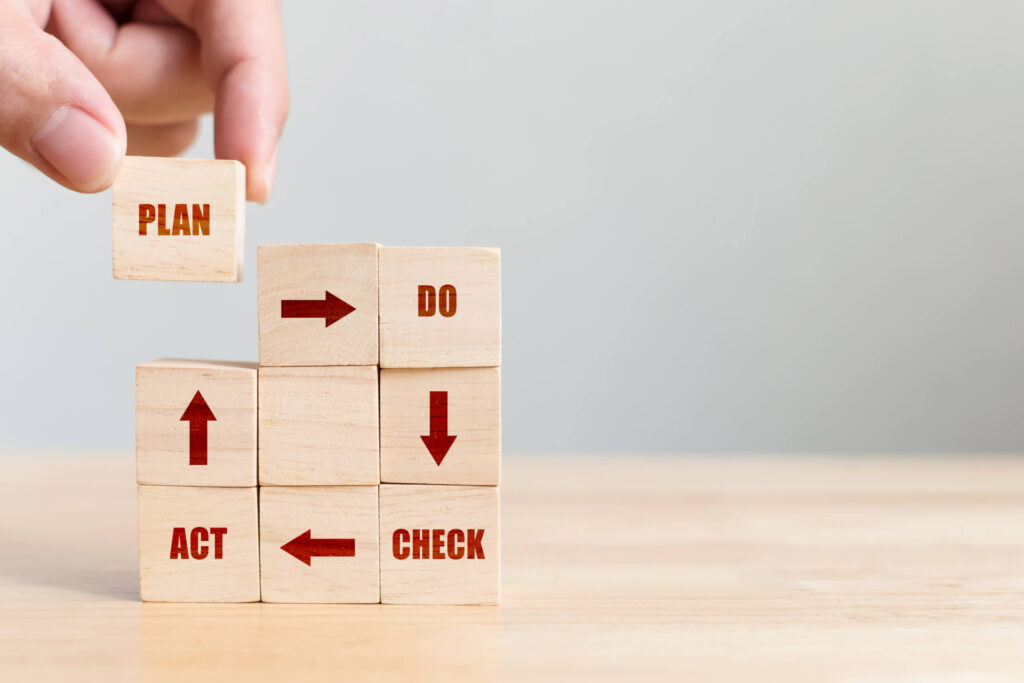
The next step in the recovery process is stabilization. Stabilizing means effectively managing the acute and potentially dangerous physical effects of discontinuing drug use. You may undergo specific medical interventions, including prescribing and administering medications during this stage. Meds alleviate withdrawal symptoms and promote a more comfortable and safe transition to residential and outpatient treatment.
Transition into Residential Drug Rehab
The final step of the detox process transitions you into a comprehensive drug treatment program. In drug treatment, you’ll get personalized care and support. Detox is a necessary first step in addressing addiction. But long-term recovery goes beyond this stage. Ongoing therapy and treatment will continue to match your needs and recovery goals. Treatment plays a big role in long-term recovery and ensuring lasting positive change. Combining medical drug detox with mental health treatment helps you make sustainable progress. You will build a healthier and substance-free life.
Different Types of Drug Detox
Detox methods can vary widely based on several factors. These include your addiction’s severity, substance misuse, and overall health. Your drug detox is specific to you and requires a personalized approach to ensure a safe recovery that prepares you for future treatment.
We may use several treatments in drug detox to meet your medical needs. Your detox is meant to address your challenges, medical requirements, and recovery goals. Because we can use several methods, we select the drug detox approach that aligns best with your circumstances.
Your drug detox can incorporate medical detoxification or a natural holistic detox. Using the best drug detox strategy for you can increase the chances of your long-term success in overcoming addiction. Yes, drug detox removes toxic substances from your body. But our goals also include giving you strong support and guidance throughout detoxification.
Remember, detoxification is just the first step toward recovery. Group therapy, individual counseling, and ongoing relapse prevention support are necessary to help you maintain sobriety. Detox and drug addiction treatment help you build a fulfilling life free from the harmful effects of addiction.
Cold Turkey Detox

Cold turkey detox is a method of abruptly and completely stopping drug use without gradual tapering. This approach can be a difficult and even deadly process. Quitting cold turkey often includes intense withdrawal symptoms. These can vary widely depending on the substance that has been misused. Despite its difficulty, many people opt for this method as they believe it provides a clean break and a fresh start on their path to recovery. Ending substance use for some drugs can be life-threatening. Talk to your doctor, or call Avedis Detox at 833.514.0579 to undergo an assessment and make the right decision for your health.
Medical Detox
Medical detox is a thorough process that includes close supervision by qualified medical professionals. They may administer prescription withdrawal medications to manage and alleviate your worst symptoms. This highly structured approach is crucial if you struggle with common substance addictions like opioids or alcohol. In these cases, withdrawal can pose a significant risk to your well-being. Medical detox helps with long-term recovery by ensuring a safe and supported environment.
Outpatient Detox
Outpatient detox allows you to experience detox in the comfort of your home. Instead of detoxing in a facility, you can visit a health facility or dedicated drug detox center. There you will have regular treatment sessions and check-ups. Clinicians may administer the same or similar medications to help with withdrawal symptoms. Some prescribed medications may affect the physical reactions to substances if they are taken and others help to suppress cravings. This approach may offer you a more convenient drug detox experience. You’ll get support from your community, family, and clinical care while maintaining your daily routines and responsibilities.
The Role of Support During Detox
Family and Community
During detox, the support of your family and friends in your community becomes even more crucial. Whether you drug detox in a treatment facility or at home, their emotional support and understanding can provide strength and motivation to overcome challenges. Their love, encouragement, and support can help you navigate detox. This support can make detox and rehab manageable and improve your motivation and desire to stay in recovery.
Professional Medical Assistance
If you choose drug detox at home, seek professional medical assistance. Doctors and clinicians monitor withdrawal symptoms. Alone, you may not know what to look for, or how to recognize the symptoms, to say nothing about how to treat the symptoms. Some symptoms, like delirium tremens which is physical shaking during detox, can be life-threatening. Up to 15% of patients who try to quit cold turkey and detox at home die from delirium tremens. If you need it, medical professionals at an outpatient drug detox program can give you medications to alleviate discomfort and minimize serious risks. They’re also able to provide emotional support, so you feel safe, secure, and confident during your at-home recovery experience.
What Happens After Detox?
Outpatient Drug Rehab Treatment
After drug detoxification, outpatient drug rehab treatment helps maintain recovery and prevent relapse. Aftercare and recovery management programs may include several therapeutic interventions. You may participate in individual therapy sessions to address personal challenges. Additionally, you’ll likely join group therapy for peer support and to build a new community in recovery. In some cases, medication-assisted treatment alleviates withdrawal symptoms or manages cravings. Managing recovery works best when you stay adaptable to the support system and participate fully in treatments and therapy.
Healthy Lifestyle Changes
In addition to professional treatment, making positive and healthy lifestyle changes can greatly contribute to overcoming addiction. Regular exercise, a nutritious diet, adequate sleep, and positive social interactions can support your recovery. Adding these practices to your daily lives can help you address your addiction and enhance your quality of life.
Drug Detox in Los Angeles, CA
Overcoming addiction is a courageous journey, and the first step is understanding the importance of detoxification. While detoxing can be difficult, it is necessary for a drug-free life. With ongoing treatment and a strong support system, recovery is entirely possible. Call the Avedis Detox admissions team at 833.514.0579 to verify your insurance and schedule your arrival.
FAQs About Drug Detox
- What is drug detox? Drug detox is clearing substances from the body and managing withdrawal symptoms.
- What does the detox process involve? The detox process involves evaluation, stabilization, and transition into a comprehensive drug treatment program.
- What are some types of drug detox? Some common types of detox include cold turkey detox, medical detox, and outpatient detox.
- Why is support important during detox? Support from family, friends, and medical professionals can provide strength and motivation during the challenging detox process.
- What comes after detox? After detox, ongoing treatment such as therapy, counseling, and healthy lifestyle changes are necessary to maintain sobriety and prevent relapse.




